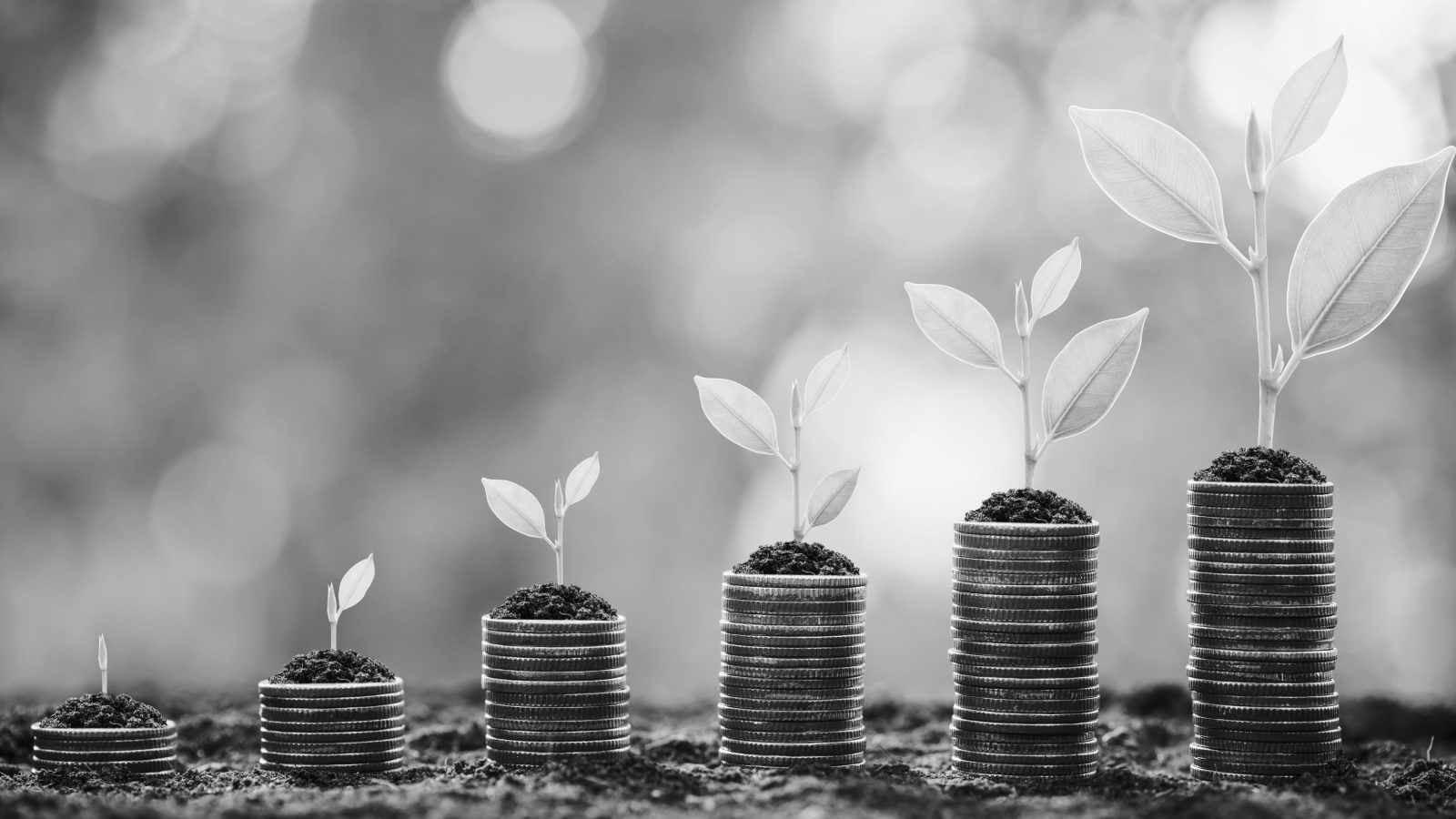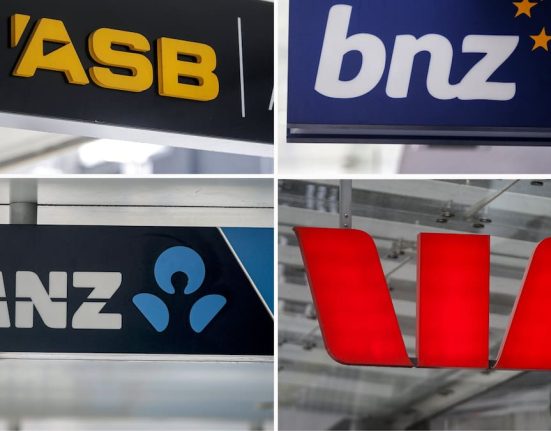The world is burning. Quite literally. From wildfires in Canada dimming the skies of Chicago to hurricanes swallowing communities whole, the stakes of climate inaction are no longer abstract. And yet, some of the biggest forces in our economy — the ones with the most power to either accelerate change or block it — are still acting like we have time.
Let me be clear: We do not.
I have worn a lot of hats in my life. Journalist. Civil rights leader. Venture capitalist. Educator. Organizer. Today, I lead the Sierra Club, the nation’s largest and oldest grassroots environmental organization. We fight to protect people and the planet. We do it by following the science as well as the money.
People who shape culture also shape capital. Entrepreneurs, business owners and organizational leaders make decisions every day about which banks to use, which funds to invest in and how supply chains are financed. Whether they realize it or not, they’re not just cultural leaders; they’re also financial actors. And in today’s economy, that means they’re either helping to fund climate solutions or fueling climate destruction. The future is at risk unless we confront the deep entanglement between our financial system and the fossil fuel industry.
From Financing Climate Destruction to Financing the Future
My colleague Ben Cushing at the Sierra Club lays it out plainly in a new white paper. Climate change is a systemic risk. That means it is not just about one risky loan or one bad bet on an oil project. It is about a financial system structured in ways that keep funneling capital into climate destruction, even as the costs and damage mount. Because climate collapse threatens the entire economy, it threatens the value of nearly every long-term investment portfolio.
Big banks, asset managers and pension funds are still financing oil and gas expansion, despite the clear science and despite their own net-zero pledges. These aren’t energy-neutral (or politics-neutral) moves. They are decisions that help lock us into more greenhouse gas and other dangerous pollution.
Instead, the financial sector can and should be accelerating the transition toward a livable future. It can do that by recognizing that the same financial system fueling the crisis also holds the power to drive solutions — if it’s pointed in the right direction.
When institutional investors use their power, they can drive massive shifts in how companies behave. That is what happened when major shareholders started demanding corporate transparency around diversity and inclusion. That is what happened when auto companies were pushed to pivot to electric vehicles. The current presidential administration’s hostility to those initiatives aside, that can happen now. We can shift billions — even trillions — of dollars away from expanding a dying and dangerous industry, and instead accelerate the necessary transition to clean energy. But that only happens if investors use their influence to demand real change.
The Rolling Stone Culture Council is an invitation-only community for Influencers, Innovators and Creatives. Do I qualify?
Challenging the System
So what does a system-wide approach look like? For starters, it means recognizing that fiduciary duty already requires protecting long-term portfolio value from systemic threats such as climate change. The health of your business and the health of the planet are not separate — they’re deeply intertwined. And the longer we delay, the more those risks compound — for investors, employees, customers and the entire economy.
To any business leaders reading this: Start where your financial influence is strongest. Look at which banks your company uses and whether they’re still financing fossil fuel expansion. Review your retirement plan and investment options, and push for strategies that prioritize long-term climate and financial stability. Join coalitions calling for stronger climate standards in financial regulation. And if you’re invested in funds that continue to bankroll the fossil fuel industry, ask how that aligns not just with your values, but also with your responsibility to manage risk in an increasingly unstable world.
The truth is, investment isn’t just a financial act — it’s a moral one. Especially now. Especially when climate inaction is already hitting vulnerable communities the hardest. Especially when the young people inheriting this world are demanding that we act like grownups and take responsibility. Because the longer investors ignore the risks, the more damage we all face — to lives, livelihoods and the economy itself.
In the fight for civil rights, we learned long ago that you cannot fix structural problems with piecemeal solutions. You have to challenge the whole system. You have to build new rules and a new vision of what shared rights and prosperity looks like. The climate fight is no different.
So let us be bold. Let us be imaginative. Let us choose the long term over the short term and a livable future over the fossil-fueled past.
The long game starts now. And we need everyone on the field.







